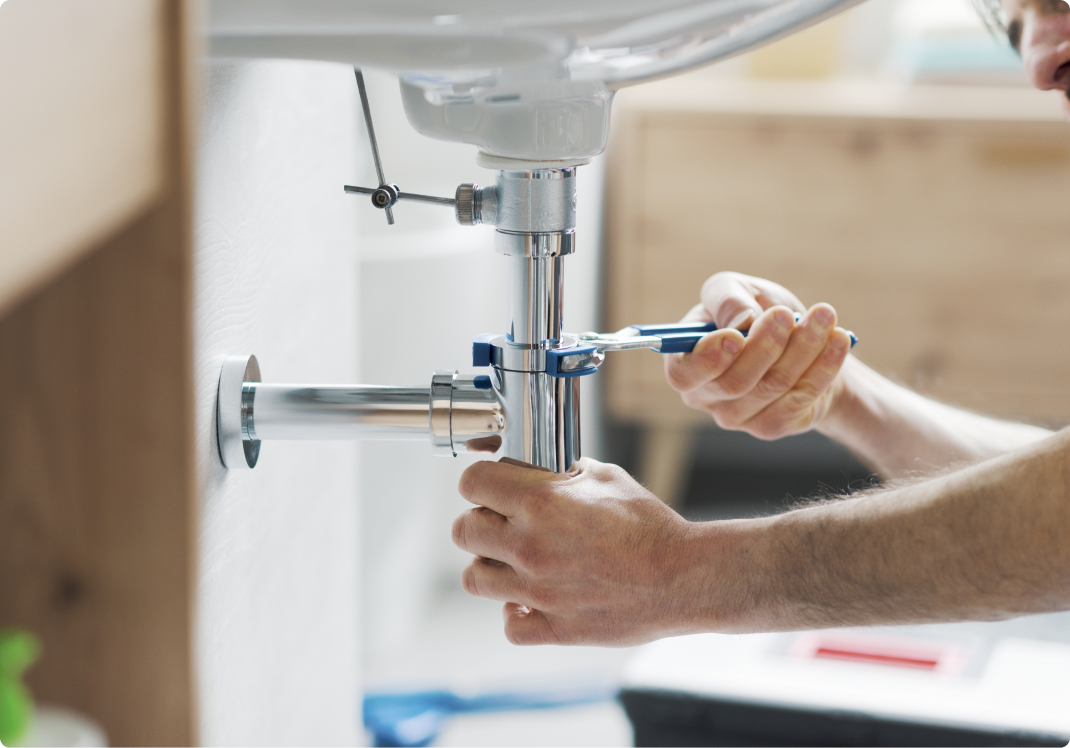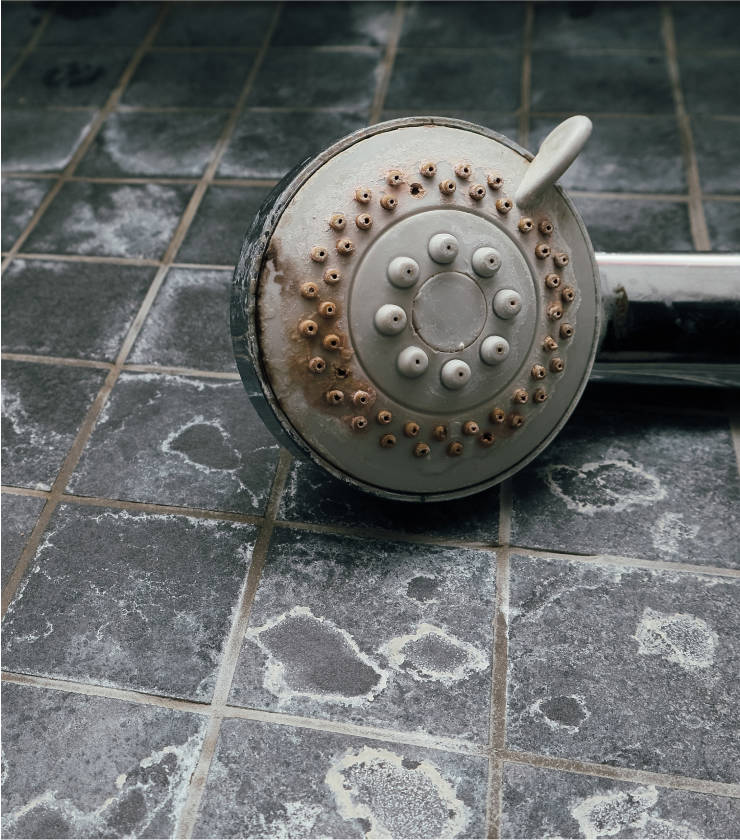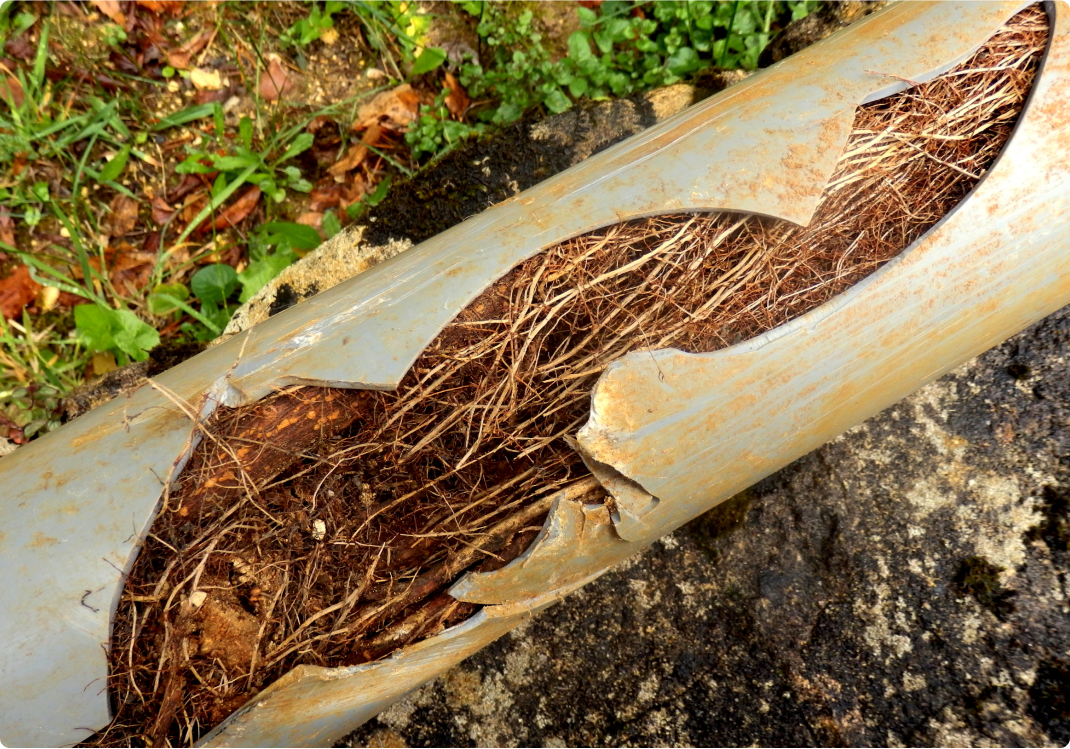Did you know that the chemical composition of your water can have a significant impact on your household expenses? While you don't necessarily have to know your calcium carbonate from your dihydrogen monoxide, it is helpful to know whether the water in your area is hard or soft. EducatingIn fact, educating yourself about hard water and hard water buildup in pipes can help you save money and live more comfortably.
What is hard water buildup?
Very simply put, hard water is water that contains a high concentration of certain minerals, namely calcium and magnesium. While hard water is safe for human consumption, it can leave unsightly, hard-to-clean spots on your fixtures. Even worse, over time hard water can leave deposits that can damage your pipes. This accumulation of minerals is known as hard water buildup, and it can clog pipes, reduce water flow, and impair the efficiency of appliances like dishwashers and water heaters.
How does hard water damage my pipes?
Mineral deposits from hard water, also known as scale deposits, are often responsible for clogging pipes. When hard water is heated, a certain amount of water evaporates, causing the minerals suspended in it to precipitate. This solidified scale (or limescale) can then accumulate inside your pipes, water heater, washing machine and dishwasher.
These accumulations can cause major troubles all throughout your plumbing system, from low water pressure to the failure of certain appliances. What’s more, some types of plumbing are more susceptible to hard water clogging than others. While copper, PVC and PEX pipes are more resistant to hard water buildup and corrosion, they can still get clogged or completely blocked by scale deposits.
What about appliances?
Hard water buildup can significantly impact the performance and longevity of various household appliances. Here’s how:
- Reduced Efficiency and Lifespan: The accumulation of scale from hard water can cause dishwashers, washing machines, and water heaters to work less efficiently, and significantly decreases their overall lifespan.
- Frequent Breakdowns: Hard water buildup can wear down components like pipes and valves, leading to more frequent malfunctions (including leaks!) and costly repairs.
- Spots on Dishes: Hard water can leave unsightly spots and residue on your dishes, glasses, and utensils, making them look less clean even after a wash.
- Less Effective Detergents: The presence of mineral deposits can interfere with the effectiveness of detergents, requiring more soap to achieve the same level of cleanliness.
- Increased Energy Consumption: Appliances affected by hard water buildup in pipes often require more energy to operate, which can lead to higher utility bills.



